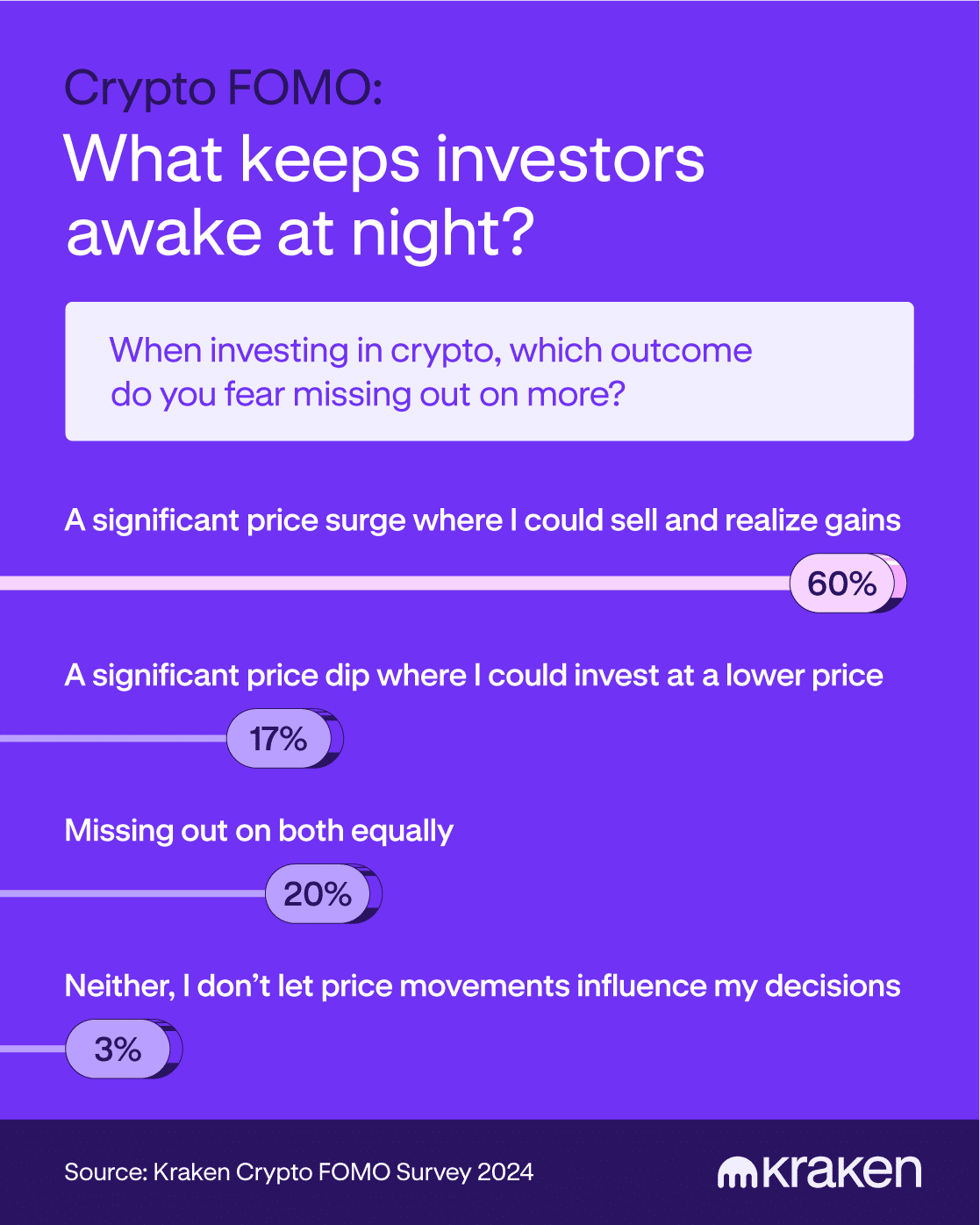Former Chairman of the U.S. Securities and Exchange Commission (SEC), Jay Clayton, recently shared his insights on the probability of the SEC approving a spot Bitcoin exchange-traded fund (ETF). In an interview with CNBC, Clayton discussed the growing demand for cryptocurrency exposure among both retail and institutional investors, suggesting that the approval of a Bitcoin spot ETF is only a matter of time.
Ex-SEC Chair affirms growing interest in spot Bitcoin ETF
The interview came in the wake of the SEC’s decision to delay its rulings on multiple Bitcoin ETF applications, including one submitted by BlackRock, the world’s largest asset manager. While Clayton did not reveal whether he would have approved a Bitcoin spot ETF during his tenure as SEC chairman, he highlighted several key factors that indicate a growing appetite for such a product within the investment community. Clayton firmly stated that Bitcoin is not a security, emphasizing that it serves as an asset that retail and institutional investors desire access to.
Additionally, he noted that trusted financial providers, often acting as fiduciaries or obligated to act in the best interests of their clients, are keen to offer Bitcoin-based products to the retail market. One of Clayton’s noteworthy assertions is that the approval of a spot Bitcoin ETF is “inevitable.” He argued that the ongoing division between futures-based and cash-based products cannot persist indefinitely. While the SEC has given the green light to some Bitcoin futures ETFs, a spot Bitcoin ETF has yet to receive approval.
During his tenure as SEC chairman, Clayton admitted that there was uncertainty regarding whether cash trading of Bitcoin could be manipulated to a degree that would pose risks to retail investors. However, he highlighted a notable shift in perspective, noting that large institutions equipped with robust surveillance mechanisms now affirm the legitimacy of the cash market. This shift in attitude indicates a growing confidence in the cryptocurrency ecosystem’s maturity and its ability to function as a legitimate and reliable investment option.
The path to regulatory approval
Jay Clayton’s insights align with recent developments in the cryptocurrency space. Earlier in the week, the United States Court of Appeals for the District of Columbia Circuit ruled in favor of Grayscale Investments in a case against the SEC. The case revolved around Grayscale’s proposal to convert its flagship Bitcoin trust, known as GBTC, into a spot Bitcoin ETF. The court’s decision marked a significant legal victory for Grayscale, potentially paving the way for the introduction of more spot Bitcoin ETFs.
The approval of a Bitcoin spot ETF holds immense significance for the cryptocurrency market. Such an ETF would provide investors with a convenient and regulated means of gaining exposure to Bitcoin’s price movements without the complexities of directly owning and storing the cryptocurrency. This accessibility is expected to attract a broader range of investors, from retail traders to institutional giants, ultimately fostering greater adoption and acceptance of Bitcoin as a legitimate asset class.
Clayton’s assertion that institutional players with robust surveillance mechanisms are entering the market underscores the growing confidence in Bitcoin’s integrity as an asset. These institutions are not only investing in Bitcoin but are also expressing their belief in the effectiveness of the cash market, which underpins the cryptocurrency ecosystem. Jay Clayton’s observations and predictions regarding the inevitability of a Bitcoin spot ETF highlight the evolving landscape of cryptocurrency investments.
As demand for Bitcoin exposure continues to grow, regulatory bodies like the SEC are faced with the challenge of adapting to a changing financial landscape. The recent legal victory of Grayscale Investments further demonstrates the progress being made toward the introduction of more cryptocurrency-based investment products. While the path to regulatory approval may still have hurdles, Clayton’s remarks offer valuable insights into the shifting attitudes toward cryptocurrencies among both institutional and retail investors, paving the way for the next phase of cryptocurrency adoption and integration into traditional financial markets.





